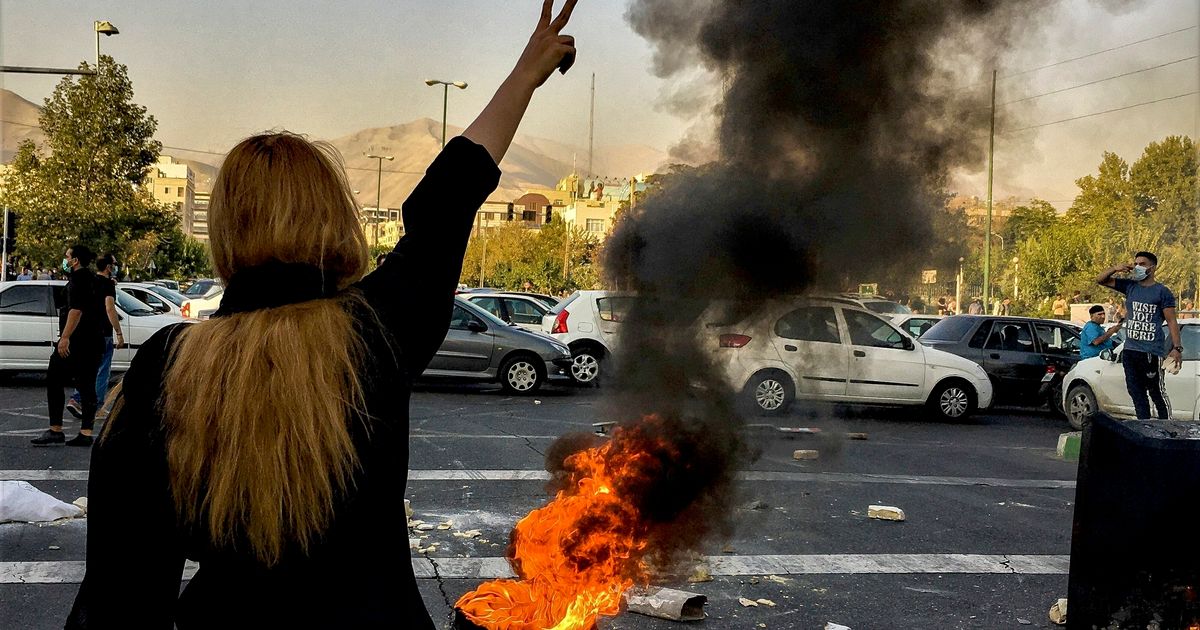Key takeaways:
- The Supreme Leader has pardoned more than 22,000 people arrested during recent anti-government protests.
- The pardons include those who had already been sentenced, as well as those who were still awaiting trial.
- The pardons are a positive step towards restoring peace and stability in Iran, and could potentially pave the way for further reforms in the country.
Iran has announced that its Supreme Leader has pardoned more than 22,000 people arrested during recent anti-government protests. This statement by Iran’s judiciary head Gholamhossein Mohseni Ejehi offers a glimpse into the full scope of the government’s crackdown that followed the demonstrations over the September death of 22-year-old Mahsa Amini, who had been detained by the country’s morality police.
The protests, which began in November 2019, were some of the most serious challenges to the establishment since the aftermath of the 1979 Islamic Revolution. Tens of thousands of people were arrested in the demonstrations, which spread to over 100 cities and towns across the country.
The Supreme Leader’s pardon includes those who had already been sentenced, as well as those who were still awaiting trial. It is unclear how many of those pardoned were actually convicted of any crime, or how many were released without charge.
The announcement of the pardons comes as a sign that the Iranian government is now feeling secure enough to admit the scale of the unrest. It is a move that could potentially ease tensions between the government and the protesters, who have been calling for greater freedoms and an end to corruption.
The pardons are a positive step towards restoring peace and stability in Iran, and could potentially pave the way for further reforms in the country. It remains to be seen, however, whether the government will be willing to make further concessions to the protesters.



Be First to Comment